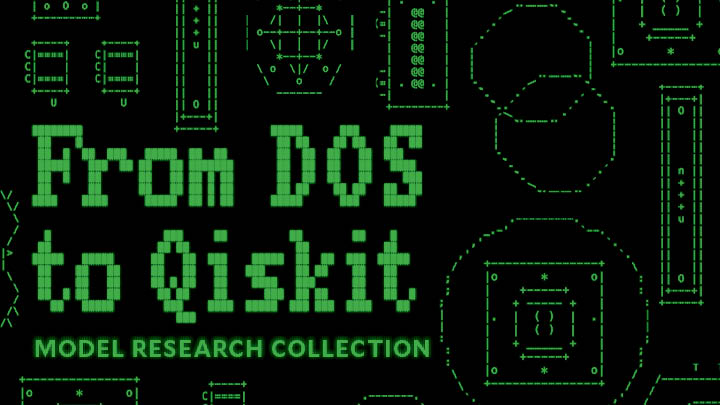What is a Quantum Computer?
What is a Quantum Computer? - Explained by The Yale Quantum Institute
Why Should You Care About Quantum Computers?
To Get Further
Resources for people with some knowledge
of quantum science, interested in learning more.
Introduction to Quantum Error Correction
Introduction to Quantum Computing
20 Years of Circuit Quantum Electrodynamics (QED)
Dual-rail Erasure Qubits
Workforce Development
As a part of the series of "How to Join the Quantum Workforce?" videos by the Yale Quantum Institute (YQI).
Prepare for College
Prepare for Grad School
Prepare for Industry
Prepare for Startups
Prepare for Faculty Positions
Prepare for Technology Transfer
Quantum and Art
[Short Story] Quantum & Fiction: Alternative Realities for the Living by Ben Okri
[MV] Spencer Topel’s Quantum Sound Live set from the Quantum Laboratories at Yale
Quantum
From the Latin word quantus, meaning, "how much". A quantum is the minimum amount of any physical entity.
Qubit
The transistor of quantum computers. It stands for quantum-bit and is a two-level system following quantum mechanics properties. In classical computing the information is encoded in bits, where each bit can have the value zero or one. In quantum computing, the information is encoded in qubits, and can be in state zero, or one, and in a linear combination of both states, called superposition of state.
Quantum Mechanics
A fundamental theory in physics that provides a description of the physical properties of nature at the scale of atoms and subatomic particles.
Quantum Computing
A new technology that uses quantum physics to address issues that are too difficult for traditional computers to solve.
Quantum Cryptography
The practice of techniques for secure communication in the presence of adversarial behavior. Cryptography is constructing and analyzing protocols that prevent third parties from reading private messages.
Quantum Communication
The transmission of data along optical lines and takes advantage of the laws of quantum physics to protect data.
Quantum Sensing
This looks at the quirks of quantum systems to design new and better sensors. From detecting small impulses in the body to identifying an earthquake, quantum sensors offer a significant edge over conventional classical mechanics in terms of precision and accuracy.
Quantum Materials
Have properties including quantum fluctuations, quantum entanglement, quantum coherence, and topological behavior that are unique to them.
Quantum Algorithms
An algorithm is a collection of instructions that allows you to compute a function, for instance the square of a number. A quantum algorithm is exactly the same thing, but the instructions also allow superpositions to be made and entanglement to be created. This allows quantum algorithms to do certain things that cannot be done efficiently with regular algorithms.


